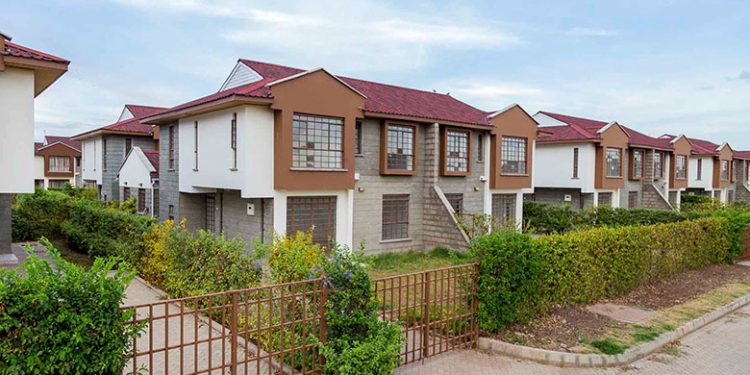In the
However, a study by Strathmore Business School found no sufficient evidence to support a property bubble in Kenya. According to the study findings, the property boom in Kenya is in line with the country’s economic growth. Factors that have driven the expansion in the real estate industry include; the growing middle class population, sustained economic growth at an average rate of 5.2 percent for the past five years, and increased infrastructural development.
Despite the rapid growth in the real estate sector, mortgage uptake in the country is quite low. As at 2015, Kenya was estimate to have only 24,458 mortgage loans in a country with more than 40 million residents. The study by Strathmore Business School attributes the slow growth in the mortgage market to unaffordable houses, high costs associated with mortgages, low income levels, and lack of understanding about mortgages.
Researchers at Strathmore advised participants in the real estate sector to act cautiously considering that the property bubble could develop over time. They also called upon lawmakers to make policies that will prevent a real estate bubble such as the Capital Gains Tax which tames property prices.



